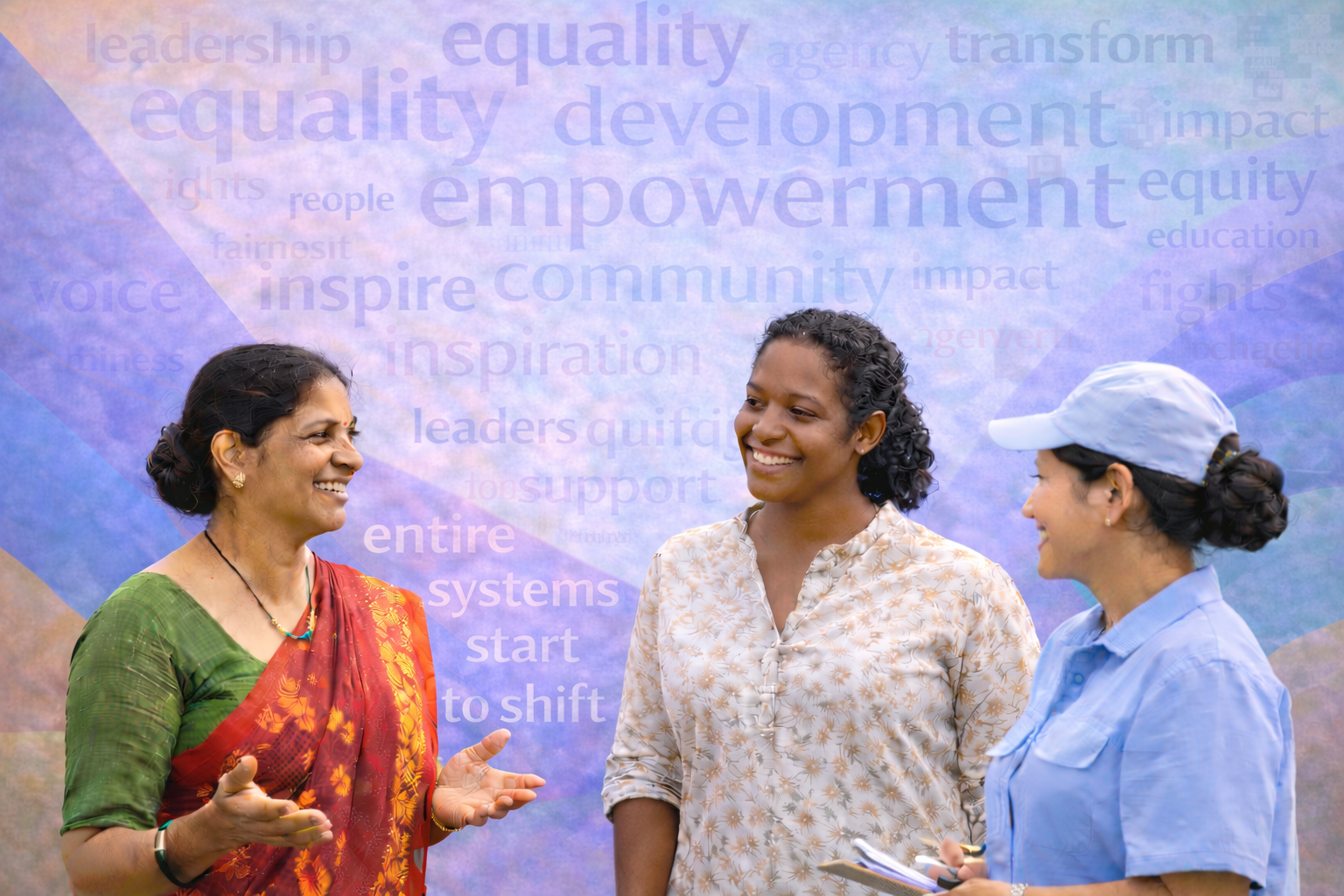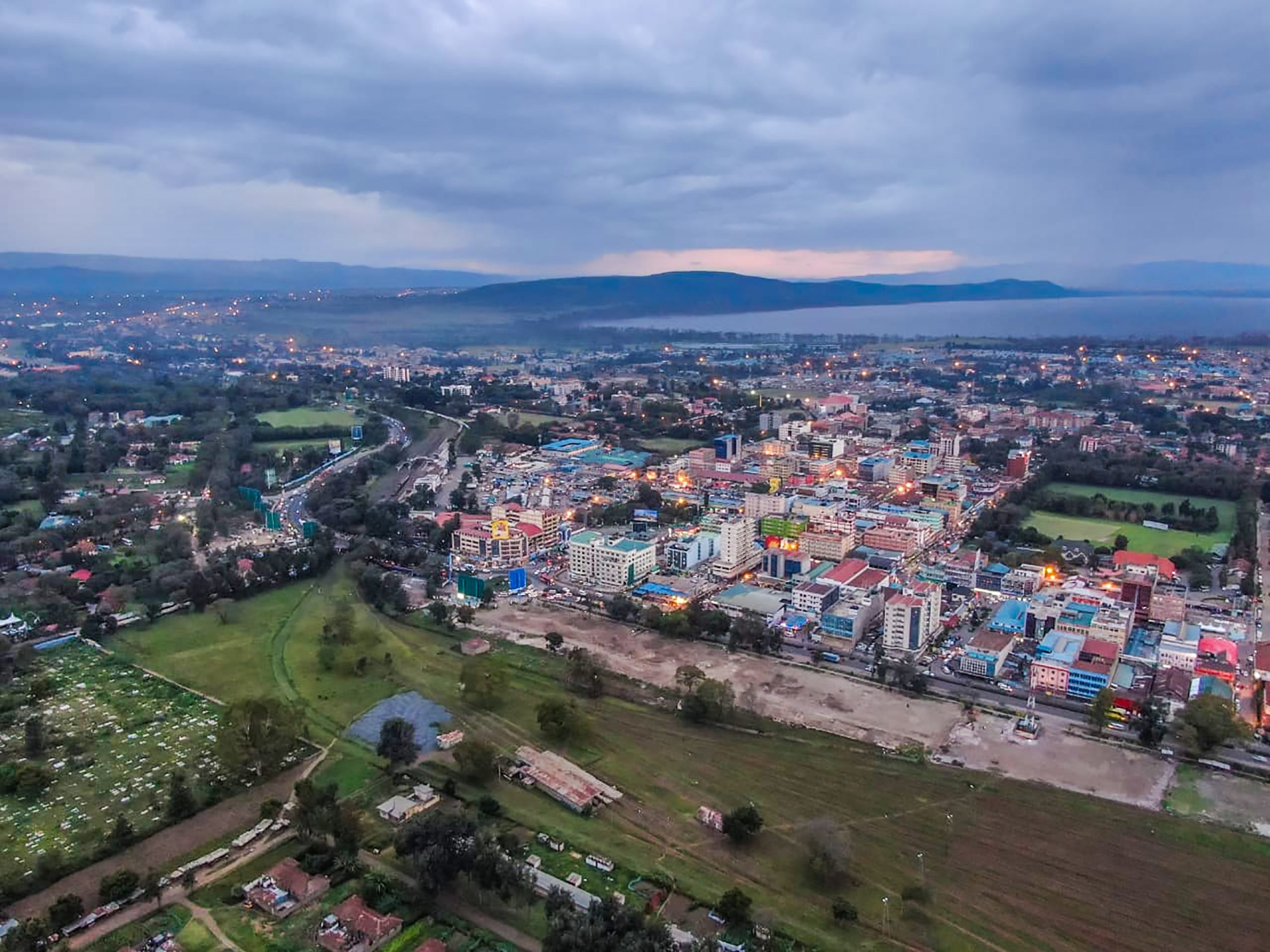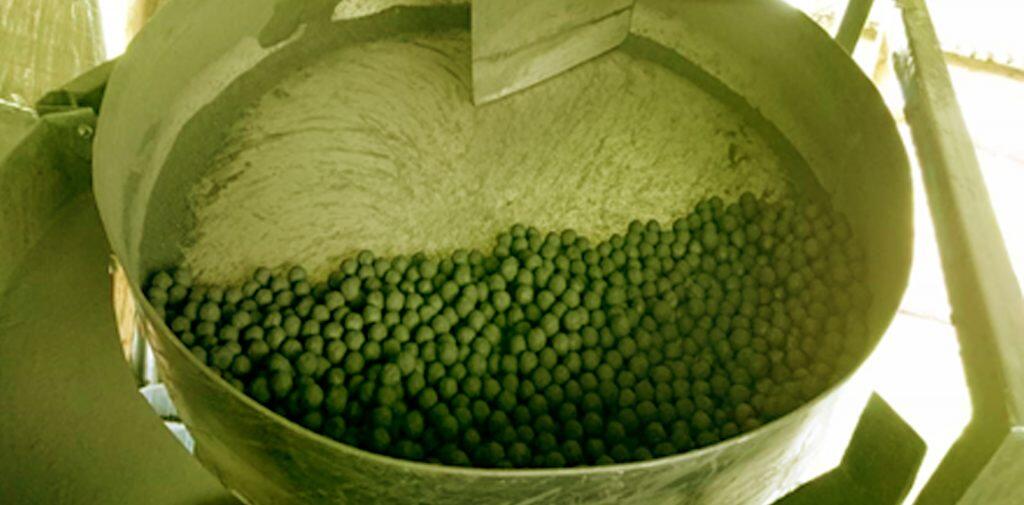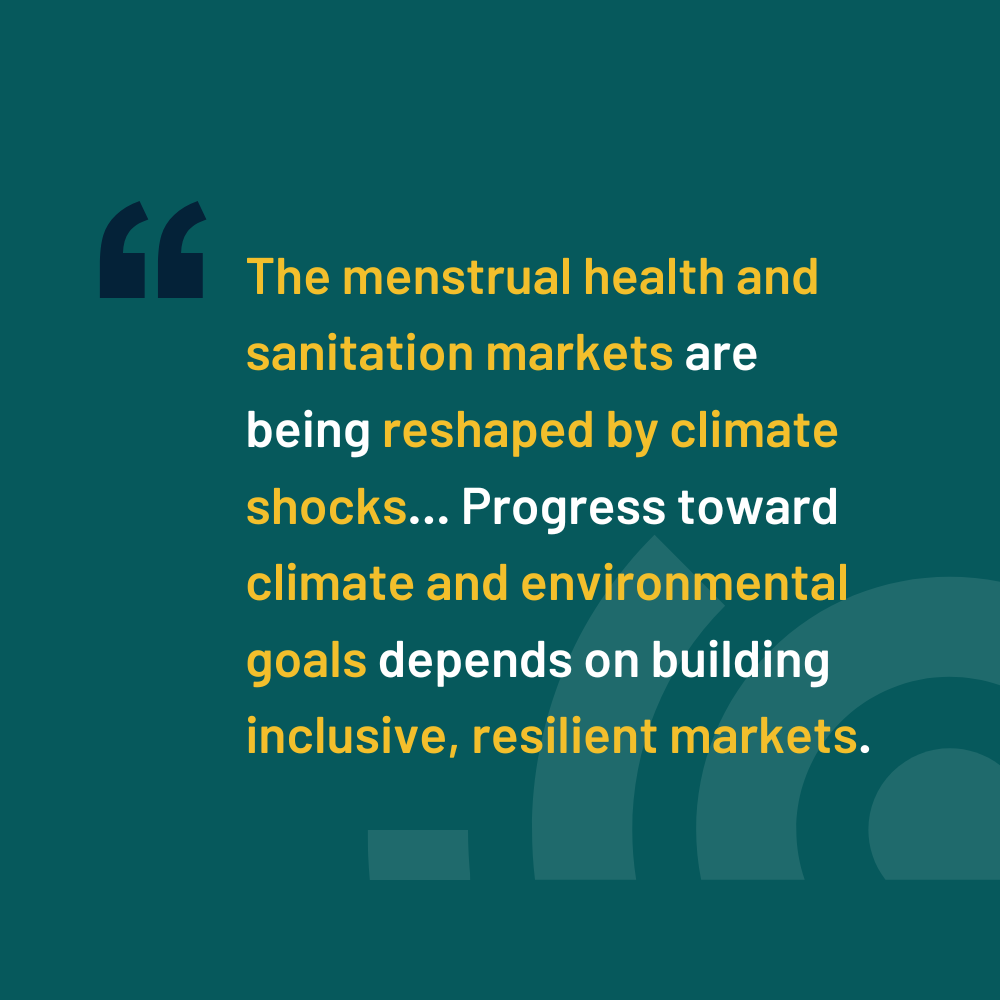
Kenya’s Sanitation Economy, where public financing and private sector innovation meet

SHF has been implementing a multi-faceted approach in Kenya to build its sanitation economy and advance its journey toward more mature markets for sanitation, hygiene, and menstrual health. This includes working with both the public and private sectors on financing, capacity building, and service provision as can be seen in our work in Nakuru.
One of Kenya’s most rapidly growing cities, Nakuru is seeing a strong shift towards urbanization and the demand for more comprehensive or Next Generation Sanitation solutions is on the rise, especially in areas without sewer networks. With a population reliant on onsite sanitation facilities like pit latrines and septic tanks, Nakuru urgently requires a new approach to ensure the safe management of waste.
Through the Kenya Market-Based Sanitation (KMBS) project, SHF has been working with the Nakuru Water & Sanitation Company Ltd (NAWASSCO) to strengthen the provision of sanitation services to its residents. The KMBS project runs alongside SHF’s broader efforts to support the Government of Kenya to unlock financing and develop a thriving sanitation economy in the country. Specifically, through KMBS, we are working with a partner, Water and Sanitation for the Urban Poor (WSUP), to develop contextualized, supply-side interventions that respond to the demand for products and services in low-income urban areas. The project supports private sector Micro, Small and Medium-Sized Enterprises (MSMEs) and public service providers to build capacity and expand sanitation access through appropriate, financially viable, scalable, and sustainable approaches. Transfer of evidence, effective models, learning, integration of innovation, and encouragement of market-driven approaches are embedded with mandated institutions and social enterprises, throughout and beyond the project.
Specifically in Nakuru, with SHF support, NAWASSCO has embarked on a journey to institutionalize non-sewered sanitation (NSS) as a core function within the utility. A capacity assessment, supported by SHF, identified significant institutional and service gaps, leading to the establishment of an onsite sanitation unit within the utility dedicated to overseeing and improving non-sewered sanitation services across the city. The creation of a sanitation policy aiming to ensure safely managed sanitation for all residents of Nakuru by 2023 has also laid the groundwork for managing both onsite and offsite sanitation while over USD 2.6 million has been allocated to safely managed sanitation within the strategic business plan (2024-2029).
These promising developments have been anchored in the SHF public sector capacity-building work and will be further enhanced through the operationalization of a sanitation development fee, which has recently been approved by the Water Services Regulatory Board (WASREB) and is awaiting public consultation. This development fee will play a key role in sustainably funding sanitation services, benefiting approximately 500,000 residents of Nakuru and its environs. NAWASSCO also anticipates investing USD 50,000 into safely managed sanitation funded through the sanitation development fee.
Looking ahead, NAWASSCO plans to expand its sanitation services, aiming to serve 750,000 people by 2029. This includes constructing additional treatment facilities and refining its operations for greater efficiency. Women’s participation is also being actively promoted, with plans to involve more women in the sanitation workforce, particularly in decision-making roles. With clear metrics—targeting a 50% reduction in open defecation and 80% customer satisfaction—NAWASSCO is poised to continue driving positive change.
Alongside as demand for Next Generation Sanitation grows, SHF has also been working with NAWASSCOAL Co Ltd, a renewable energy company, on the management of resulting fecal waste. NAWASSCOAL is looking to transform faecal sludge into biofuel briquettes, branded as “MakaaDotcom.” (Read more about SHF and Next Generation Sanitation here)

With initial seed funding from SHF, NAWASSCOAL has been able to secure partnerships bringing in almost half a million dollars in funding, which include technical and marketing support - from a baseline of USD 0. As part of the KMBS project, SHF has also partnered with the company to expand revenue streams by constructing a proper Fecal Sludge Treatment Plant (FSTP) and exploring the carbon market. The FSTP is expected to be completed in 24 months after which it will treat 500 cubic meters of faecal sludge per day, benefitting at least 10,000 people by ensuring proper sanitation, reducing the spread of waterborne diseases, and creating eco-friendly briquettes for cooking and heating. It also plans to ensure that at least 30% of its workforce comprises women, particularly in leadership and technical roles.
As the global community increasingly seeks to build public and private partnerships and collaborations to tackle persistent development challenges, the sanitation economy offers a promising pathway as demonstrated in Nakuru. SHF is committed to working with our partners in Kenya and beyond to set an example for others to follow.
***
(Copyright for cover photo: County Government of Nakuru; copyright for briquettes photo: NAWASSCOAL)



